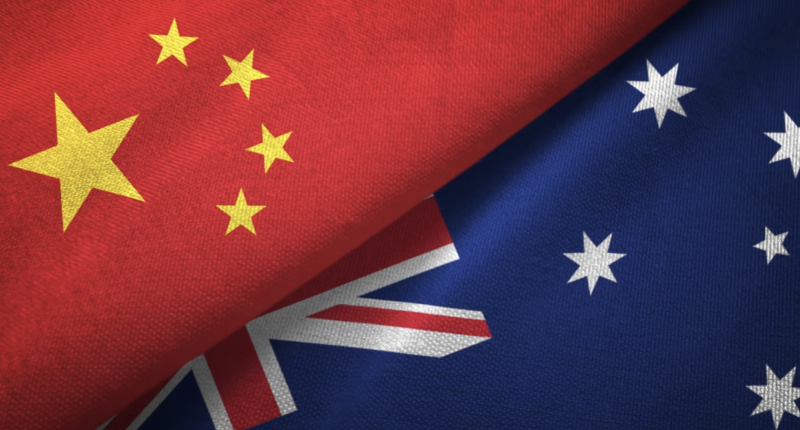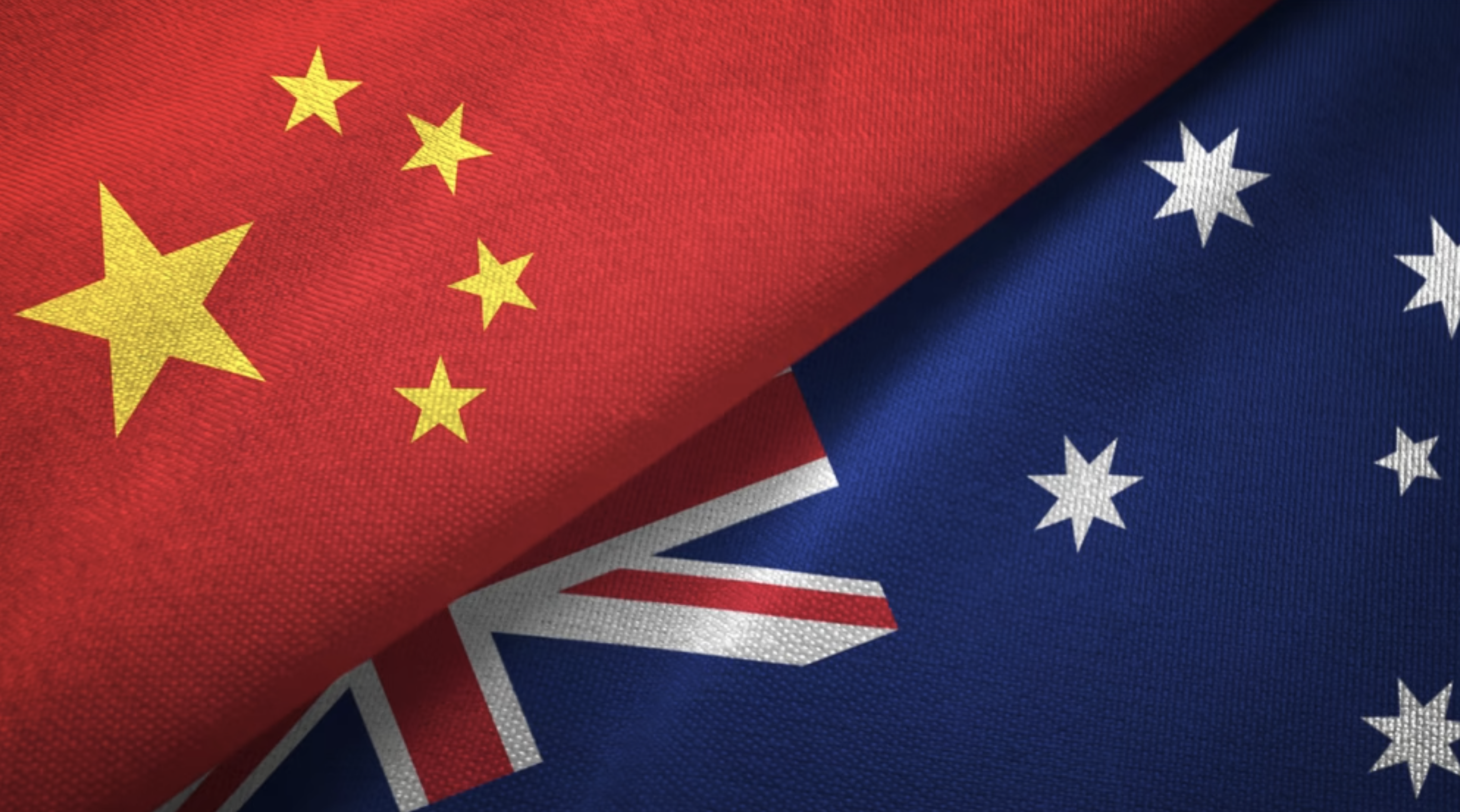The Chinese National Bureau of Statistics (NBS) has released its latest inflation data for the world’s second-largest economy.
Clocking a decline of 0.3 per cent, the country is now officially experiencing deflation.
This follows Tuesday’s data from the Chinese General Administration of Customs (GAC), which showed Chinese exports declining by 14.5 per cent year on year (YoY,) the steepest dive since COVID-19 first broke out in February 2022.
Exports to the US dropped by 23.1 per cent YoY, marking the first time in two decades the US imported more from Mexico than it did from China.
Exports to the EU dropped 20.6 per cent, and exports to Southeast Asian ASEAN countries dropped 21.4 per cent.
With the NBS inflation data confirming the country’s deflation, the widespread early-2023 belief in China’s post-lockdown “re-opening” economic recovery has been dismantled.
Inspecting the Chinese data
Analysing the Chinese data, measured as consumer prices, showed that consumer prices in rural areas decreased by 0.6 per cent, while urban areas only saw a decrease of 0.2 per cent. This suggests worse demand in undeveloped areas.
Looking at sectors, consumer goods prices decreased by 1.3 per cent, food prices by 1.7 per cent, but services increased by 1.2 per cent.
The NBS stated that the first six months of 2023 saw inflation increase by 0.5 per cent compared to the same period in 2022.
This ultimately implies that like the rest of the OECD, China is struggling with sticky services inflation. However, with the current property sector issues China is facing, it’s unclear what weighting of this figure is due to rents and mortgages.
Possible tailwind for Australian trading partners
City Index’s Senior Market Analyst Matt Simpson was quick to point out that while Chinese deflation may be viewed as a sign of further economic slowdown to come, the news is a double-edged sword.
“China’s deflation can be good or bad, depending on how one looks at it,” he said.
“Deflation from China brings down pricing pressures for their trade partners, and whilst it is bad for growth it can be seen as a necessary evil to contain prices elsewhere.”
This could have implications for Australian importers of Chinese products, which has implications for the retail and construction sectors, specifically.
Chinese travel will continue to be closely watched and could increase if airlines drop prices to entice customers – which means Australian tourism could get a kick.
But there’s a catch
The issue, as stated by Mr Simpson, is that we’ve inadvertently prolonged China’s eventual recovery from its current downturn.
He noted that a historical review of China’s economic performance indicates this outcome is unavoidable.
“If you look at China’s CPI chart, it doesn’t stay negative for very long,” he said.
“I think the near-term message is deflation from China is good, but as we head into next year the risks of inflation rising again are increasing.”
Mr Simpson pointed out this might prompt the RBA to keep the temperature up for longer.
However, this projection generally aligns with the consensus in the industry.
Citigroup analysts anticipate that the USA’s upcoming inflation data released this week will reveal a 0.3 per cent upward increase, partially due to a recent surge in US gas prices.
Furthermore, VanEck’s Head of Quant Strategy, David Schassler, recently predicted a fluctuating pattern of inflation, mainly driven by ongoing fluctuations in global energy prices.








